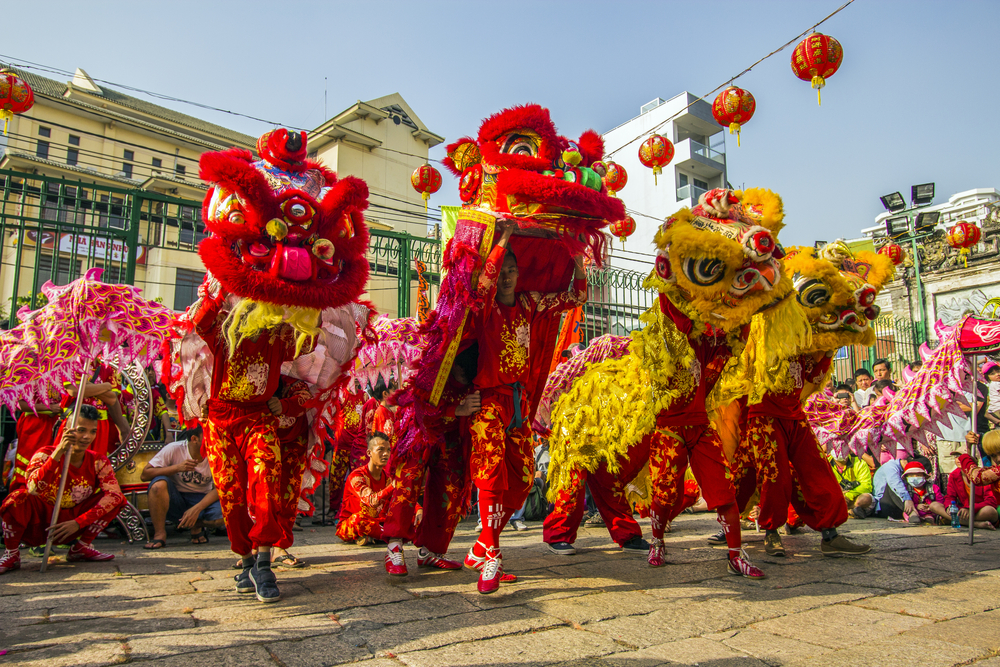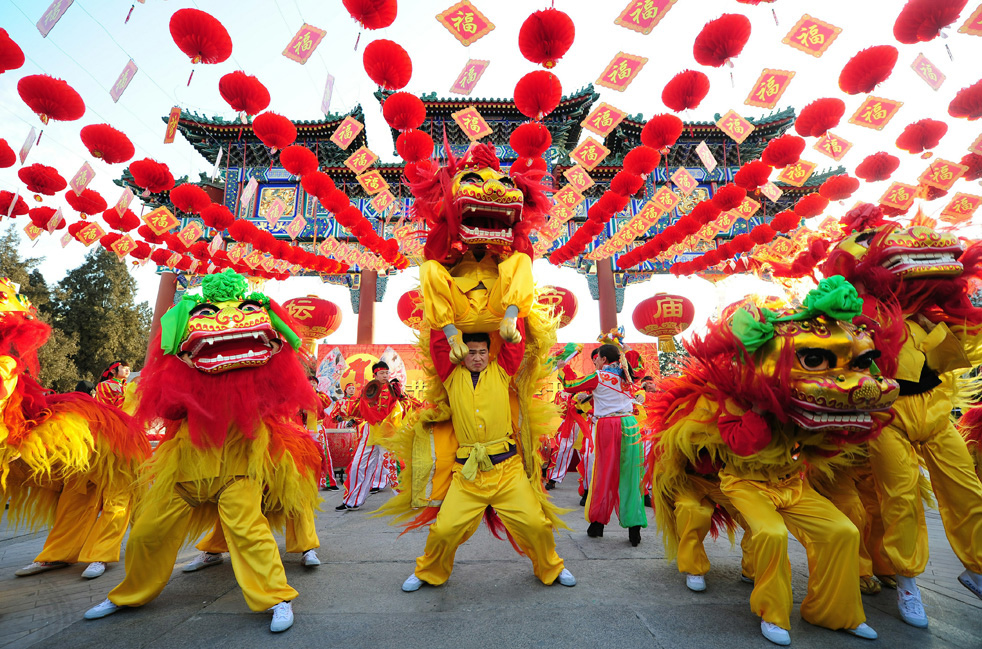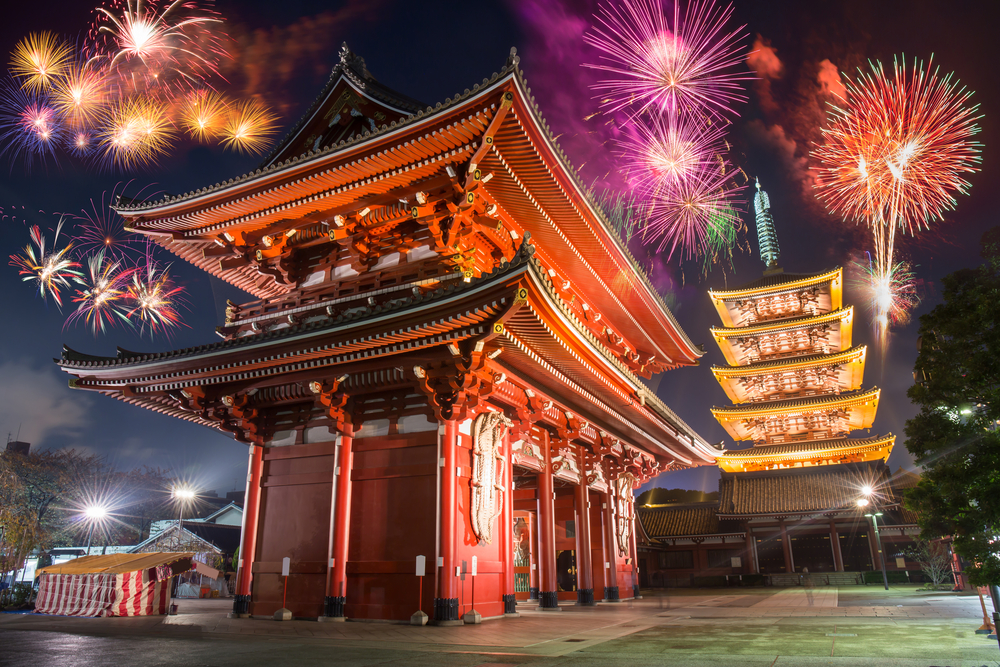The Significance of New Year Holidays: A Cultural and Personal Reflection
Related Articles: The Significance of New Year Holidays: A Cultural and Personal Reflection
Introduction
With enthusiasm, let’s navigate through the intriguing topic related to The Significance of New Year Holidays: A Cultural and Personal Reflection. Let’s weave interesting information and offer fresh perspectives to the readers.
Table of Content
The Significance of New Year Holidays: A Cultural and Personal Reflection

The transition from one year to the next, marked by the New Year holidays, holds a profound significance across cultures and individuals. This period, often characterized by celebrations, reflection, and a sense of renewal, provides an opportunity for individuals and societies to pause, assess the past, and envision the future.
The Cultural Significance of New Year Holidays:
New Year holidays are deeply embedded in cultural traditions, often reflecting a society’s values, beliefs, and historical experiences. These celebrations are frequently rooted in ancient rituals and practices, marking the passing of time and the cyclical nature of life. For instance, the Chinese New Year, celebrated with vibrant parades, lion dances, and family gatherings, signifies a fresh start and a time for renewal. Similarly, the Japanese New Year, with its emphasis on family, tradition, and the importance of ancestors, underscores the continuity of cultural heritage.
Beyond their historical and religious roots, New Year holidays often serve as a unifying force within communities. These celebrations bring people together, fostering a sense of shared identity and belonging. Family reunions, communal feasts, and traditional performances strengthen social bonds and reinforce cultural values.
The Personal Significance of New Year Holidays:
On a personal level, New Year holidays offer a unique opportunity for introspection and self-reflection. The transition from one year to the next provides a natural pause, allowing individuals to evaluate their past experiences, acknowledge their achievements, and identify areas for growth. This period of reflection can lead to a renewed sense of purpose and motivation, setting the stage for personal goals and aspirations in the coming year.
Moreover, New Year holidays often serve as a catalyst for positive change. The symbolic fresh start associated with the new year encourages individuals to set resolutions, break old habits, and embrace new opportunities. Whether it’s embarking on a fitness journey, pursuing a new hobby, or simply committing to a more mindful approach to life, the New Year provides a psychological boost and a sense of optimism for the future.
The Economic Impact of New Year Holidays:
New Year holidays also have a significant economic impact, particularly in the tourism and retail sectors. The festive season, often marked by increased spending on travel, gifts, and entertainment, contributes substantially to economic activity. The surge in demand for goods and services associated with New Year celebrations fuels business growth and creates employment opportunities.
FAQs Regarding New Year Holidays:
1. What are the most common New Year traditions around the world?
New Year traditions vary widely across cultures. Common practices include fireworks displays, feasting, exchanging gifts, making resolutions, and attending religious services. Some specific traditions include:
- Eating 12 grapes at midnight in Spain: Representing good luck for the coming year.
- Burning effigies of the old year in Ecuador: Symbolically releasing negative experiences from the past.
- Throwing dishes against the wall in Denmark: To ward off evil spirits.
- Wearing red underwear in Italy: For good luck and prosperity.
2. What is the significance of New Year’s Eve celebrations?
New Year’s Eve celebrations are often characterized by festive gatherings, parties, and a sense of anticipation for the new year. These events provide an opportunity for people to come together, celebrate the past year, and look forward to the future with hope and optimism.
3. How do New Year holidays impact the workforce?
New Year holidays often involve extended breaks, leading to temporary closures of businesses and a slowdown in economic activity. However, these periods also offer opportunities for employees to recharge and return to work with renewed energy and focus.
4. What are some common New Year resolutions?
Common New Year resolutions include:
- Improving health and fitness: Through exercise, diet, or quitting unhealthy habits.
- Saving money: By budgeting and reducing expenses.
- Learning a new skill: Expanding knowledge and pursuing personal interests.
- Improving relationships: Spending more quality time with loved ones.
- Travel and adventure: Exploring new places and broadening horizons.
Tips for Making the Most of New Year Holidays:
- Reflect on the past year: Identify what went well, what could be improved, and what lessons were learned.
- Set realistic and achievable goals: Focus on a few key areas for improvement rather than trying to change everything at once.
- Spend quality time with loved ones: Connect with family and friends, create new memories, and strengthen relationships.
- Engage in activities that bring joy and relaxation: Explore new hobbies, pursue passions, or simply enjoy some downtime.
- Embrace the spirit of renewal and optimism: Approach the new year with a positive mindset and a sense of hope for the future.
Conclusion:
The New Year holidays represent a significant cultural and personal milestone, offering opportunities for reflection, renewal, and celebration. Whether observed through traditional customs or individual practices, these periods provide a chance to pause, acknowledge the past, and embrace the possibilities of the future. By embracing the spirit of the New Year, individuals and societies can strive for personal growth, community cohesion, and a brighter future.








Closure
Thus, we hope this article has provided valuable insights into The Significance of New Year Holidays: A Cultural and Personal Reflection. We hope you find this article informative and beneficial. See you in our next article!